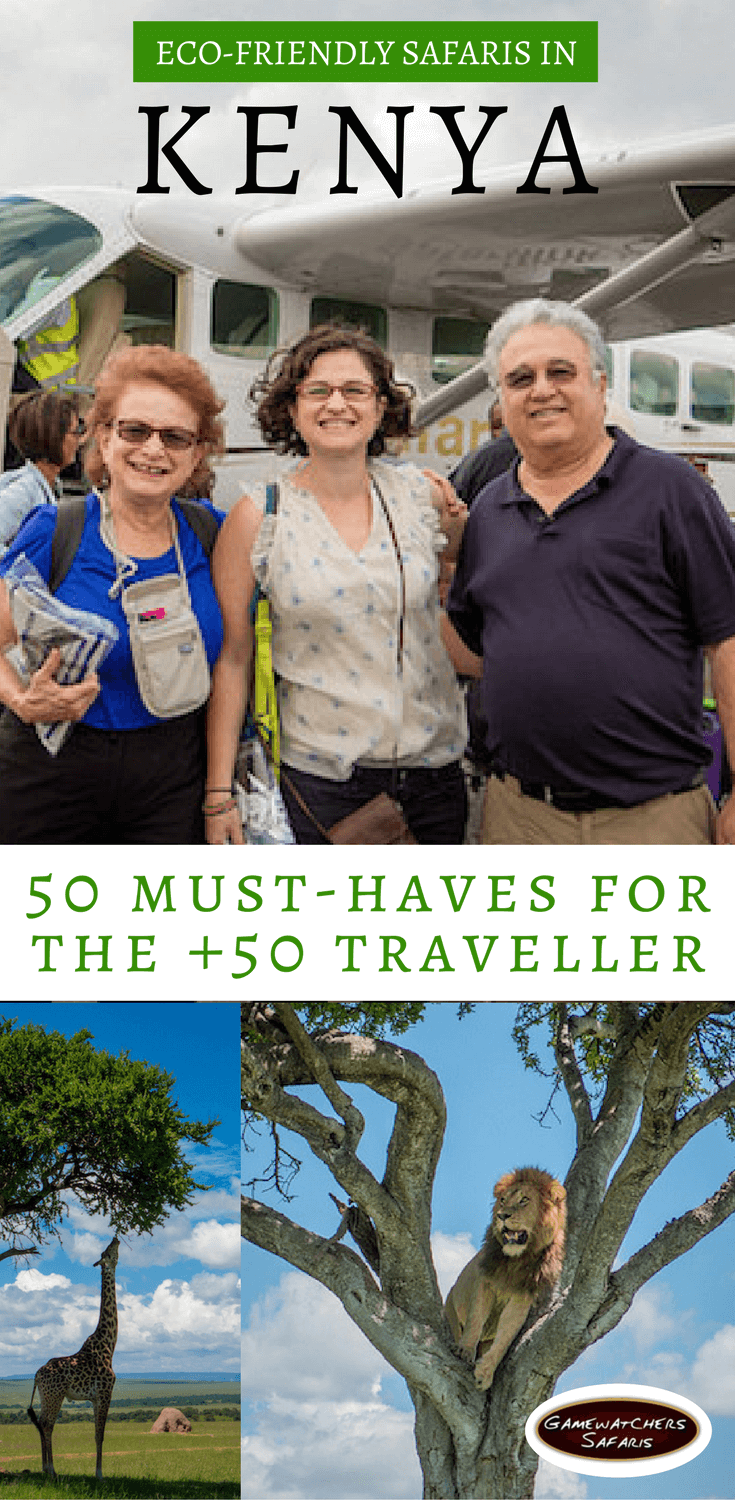If you could go on just one more trip in your lifetime, what would you do? Trek the Himalayas? Dive the Great Barrier Reef? Walk the Great Wall of China?
You might be surprised to learn that African safaris are rapidly becoming the ultimate bucket-list adventure. Besides once-in-a-lifetime adventure and unrivalled game-viewing experiences, Kenyan safaris offer travellers something perhaps even more important as they ponder their next bucket-list holiday:
The chance to actually make a positive impact on wildlife conservation efforts and the wellbeing of the local communities living alongside the wild animals.
Where else do you have an opportunity to do good whilst having the time of your life?
When you safari with an operator like Gamewatchers, your holiday funds directly support local conservancies and local communities.
Cynthia Moss, a world-renowned elephant conservationist recently called conservancies “the single most successful conservation initiative since the creation of national parks in the 1940s.”
The icing on the philanthropic cake is that they not only support the local Maasai with employment and income generating opportunities, they also provide direct contributions to local education and community health initiatives.
If you’re considering a safari holiday of a lifetime and you want to have the best possible adventure with the maximum ecological and humanitarian impact, then there are a few things you really have to watch out for.
Here’s a list of five things to look for in an eco-friendly safari:
1. Only an Environmentally Friendly Safari Camp Will Do
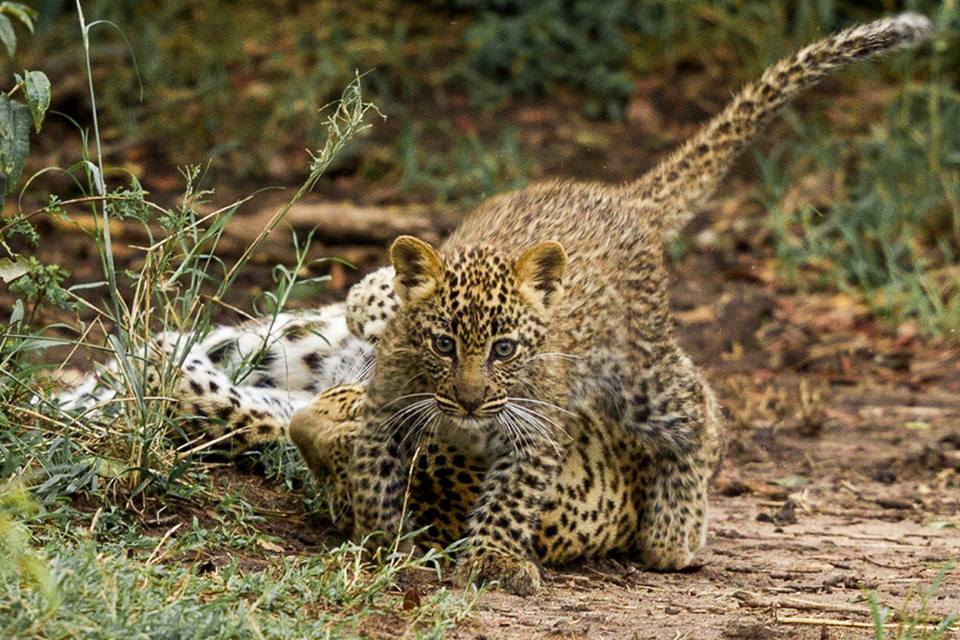
“Porini” a leopard born near Tent 3 at Porini Lion Camp – image by Swati & Siddhartha Ramaswamy.
There’s no point in booking a holiday with a side aim of benefiting the local human and wildlife population if you stay in a camp with an oversized environmental footprint.
Take a look at how your safari operator manages his presence, with a particular eye on the following:
- How is electricity provided at the lodge and campsites? Petrol? Diesel? Look for responsible tourism initiatives like solar panels generating power for lighting and other camp needs. As well as gas cylinders and special environmentally friendly briquettes for cooking and heating in preference to charcoal or firewood. Or using sustainably grown logs for camp fires.
- How is waste handled? Responsible safari operations separate and recycle rubbish and ensure that all food waste is secured to keep out animals and birds.
- Are there water conservation policies? It’s entirely possible to offer modern conveniences such as flushing toilets and hot-water showers, without exploiting limited natural resources. Our camps use safari bucket-showers and limit consumption to 20 liters per tent, in keeping with good sustainable practices.
2. Look for a Commitment to the Conservancy Concept
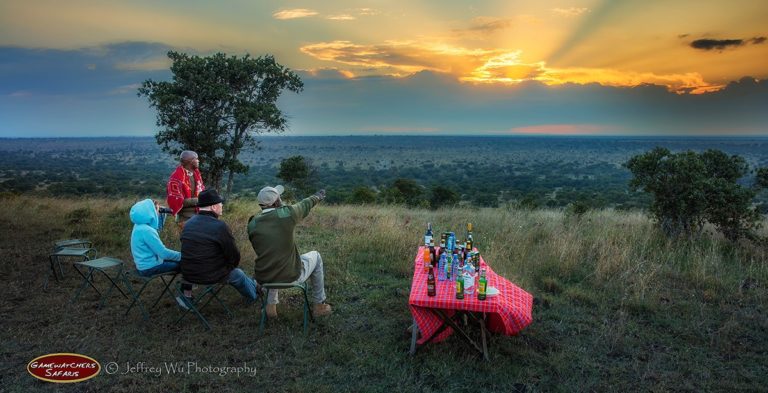
Conservancies are simply large acreages of land set aside for the specific purpose of wildlife conservation. Villages, and sometimes individuals, receive rent payments for their land in exchange for opening it up to managed conservation practices.
There are strict use restrictions placed on conservancy land, currently 12 guests tents per camp with a maximum of one tent per 700 acres, and one tourist vehicle per 1,400 acres, for example.
Choose a camp in one of the conservancies where tourism income goes towards the costs of leasing the land as protected wildife habitat and help to make a differenc
This benefits both the visitors, who are ensured an excellent, personal, and authentic game-watching experience. And the animals, who enjoy an undisturbed habitat.
In most cases, there are additional opportunities for employment and income generation for the local villagers, as well.
Our Porini camps are all located within Conservancy areas. In fact, one of our objectives with our authentic safari adventures is to introduce the importance of conservation efforts in Kenya and help educate our visitors about how they work.
There are actually about 7.5 million acres under conservancies in Kenya today, spreading across some 22 counties.
3. Supporting and Cooperating with Local Communities Is Key
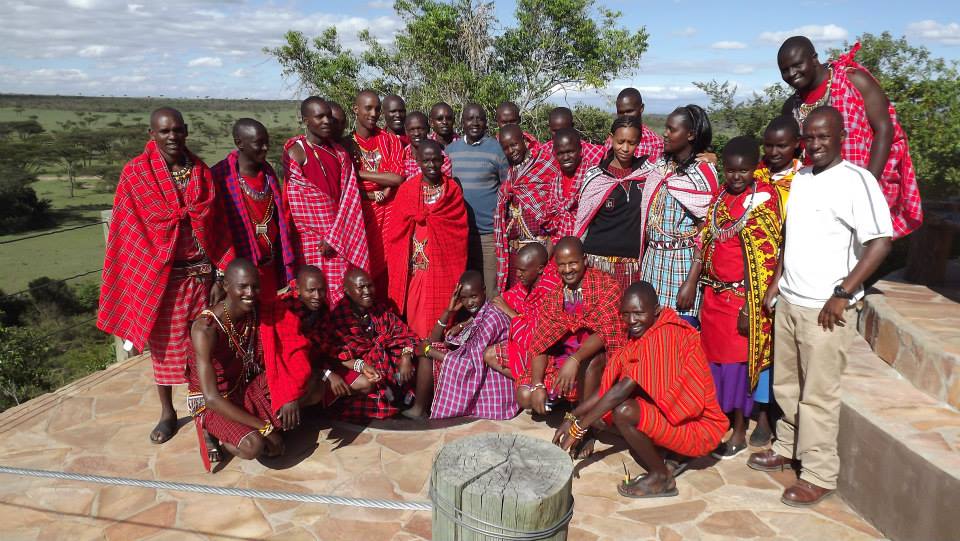
Koiyaki Guiding School Students
The Maasai are one of Kenya’s earliest native tribes, with a presence going back to the 15th century when they migrated from the Nile Valley.
The Maasai have carefully preserved their culture over the centuries, despite the ravages of disease, drought, and even some misguided governmental policies in the past.
Kenya’s greatest wildlife parks, including Amboseli, Nairobi, Samburu, Lake Nakuru, and even the Maasai Mara National Reserve all stand on what was once ancestral Maasai land.
A reputable and responsible safari tour operator works hand-in-hand with the local Maasai people. Helping to preserve their culture, provide educational opportunities to their children, and working to improve overall health and wellbeing.
Porini Camps, for example, take direct action to empower our Maasai neighbours through our community projects:
-
- We work to strengthen their traditional bomas to protect the villagers and their livestock from predatory animals.
-
- We provide scholarships to help subsidise the costs of educating the Maasai children.
-
- We employ 100% of our rangers from the neighboring Maasai villages.
-
- We help ensure a safe water supply to two of the villages closest to Selenkay Conservancy.
-
- We give priority to family members of the local community for all job opportunities in our camps.
- We give priority to family members of the local community for all job opportunities in our camps.
4. Appropriate & Comfortable Amenities at Camp

It is possible, and entirely reasonable, to expect a high level comfort in your safari accommodations. A safari isn’t a primitive camp experience, or at least it shouldn’t be.
Quality and comfort don’t have to be at cross-purposes with responsible and eco-friendly tourism.
That means you should look for appropriate amenities such as flushing toilets, hot water safari showers, and even comfortable, spacious, well-lit tents with real beds and proper bed linen, with attractive furnishings and accessories.
A writing desk and lamp for writing up your journal in the evening isn’t too much to ask.
Civilisation shouldn’t end just because you’re on safari. Good quality dining with chef-prepared meals and good wines, respectable afternoon teas, sundowner picnics with tasty edibles. Even, a gin and tonic or chilled white wine, there’s much to enjoy on a well organised Kenyan safari.
Look for a careful balance of adrenaline inducing adventure and serene activities.
From night drives, guided game walks, and even hot air balloon rides to game-watching picnics and unscheduled lounge time, which let you immerse yourself in the breathtaking scenery and the glorious wildlife that surrounds you.

Picture a typical safari day like this…
Awaken at sunrise for a cup of tea or coffee before embarking on an early morning game drive when the animals are at their most active. Then enjoy a leisurely drive back to camp for a hearty brunch.
Followed by a couple of hours to relax and get away from the midday heat. You’ll not be missing any animals, they’re resting now, too.
Perhaps you’ll chat with other guests in camp about what you’ve all seen, read a field guide or just nap in a hammock after taking a light lunch. Perhaps your guide will take you on a game walk to see a hide close by.
After afternoon tea, you’ll board your safari vehicle for another activity or game drive ending at a gorgeous picnic spot for sundowner drinks and an opportunity to take magnificent sunset photos.
You’ll return to camp for a sumptuous evening feast with your fellow guests. If it’s a clear evening, there’s time for one last night time game drive to see the nocturnal animals in their habitat before retiring to your cosy tent and comfy bed.
5. Proper Support Before, During, and After Your Adventure
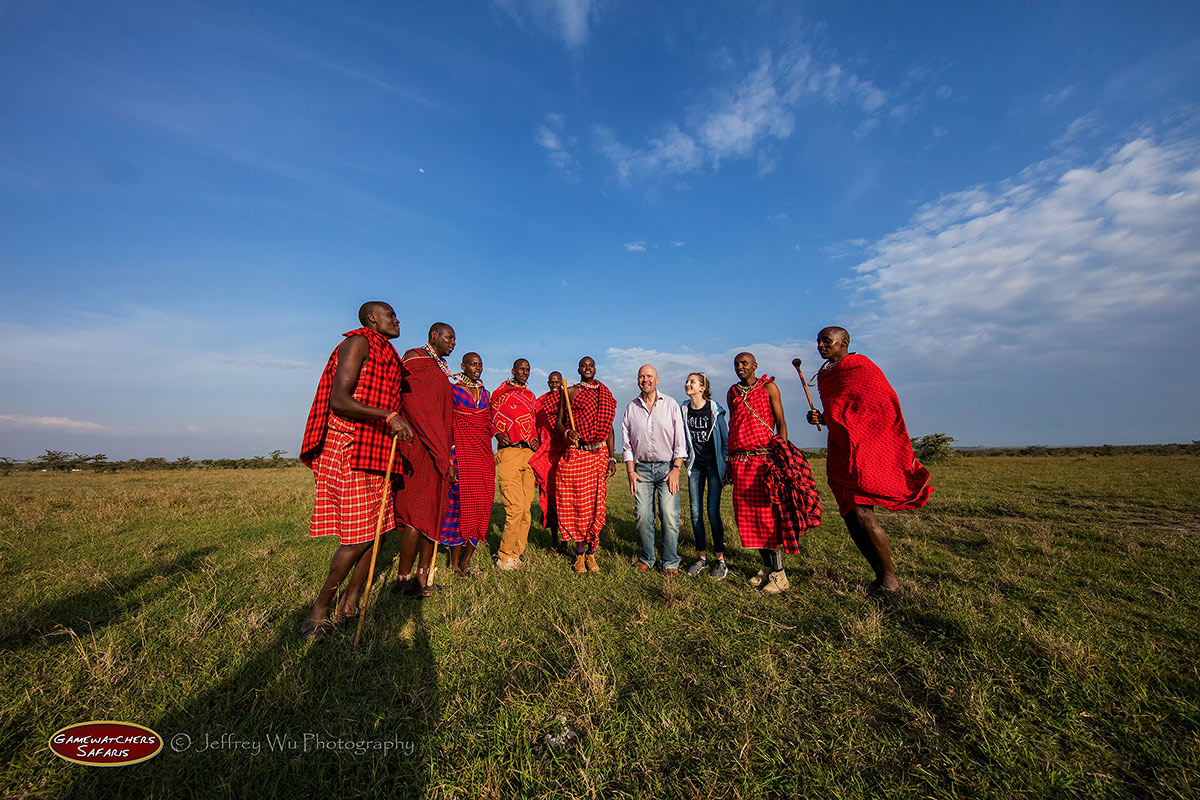
It’s true that departing for Africa requires a bit more preparation than a trip somewhere less exotic.
That means you should look for a tour operator that’s experienced and prepared to help you with with the planning and pre-departure activities you’ll need to tend to.
While a safari is the ultimate bucket-list adventure for many travellers, it’s not uncommon for many travellers to piggyback some extra activities on the front or back end of a safari – after all, a trip to Africa is a lifetime adventure.
Will your tour operator help you organise some activities in Nairobi? Find beach resorts in Kenya before or after your trip, or even help you plan a Zanzibar holiday, if that’s your fancy?
Some safari providers won’t work with solo travellers. If you’re travelling on your own, look for a holiday provider that will explain the domestic flight minimum passenger rules and help you book a flight with other travellers.
The camp itself should be organised around your safety and comfort. Escorts at night between your tent and the mess tent or other camp facilities, staff trained in first aid who can respond to any emergency and a working relationship with a travel insurance provider to ensure evacuation if necessary.
It would be irresponsible not to ask about security, especially in this era.
Kenya, like many European and North American countries, has unfortunately had terrorist incidents in the past. Fortunately, the game-watching areas are not under any travel restrictions, even the resort and beach areas near Mombasa.
However, a responsible tour operator should have a robust security policy that includes careful monitoring of all conditions that may affect the safety of guests. Everything from health advisories to national security alerts and even transportation issues should be reviewed on a continual basis.
Final Thoughts…
As you can see, a safari adventure really does offer everything a traveller could want in a bucket-list holiday, especially if you book with a responsible provider like Gamewatchers.
You can enjoy a truly amazing once-in-a-lifetime adventure while still contributing to the welfare of the local community and wildlife population, without sacrificing a bit of comfort or civilised amenities.
So if you like what you see, why not start planning your Gamewatchers safari today? Or if you’ve still got queries, just click here and one of our helpful Safari Advisers will get back to you soon.
If you are not quite ready to book then sign up for our free 6-part How to Book A Safari email series to discover how to make the most of your time and budget in Kenya – including where to get the best animal sightings, accommodation / transport options, where to get night drives and safari walks and much more.


